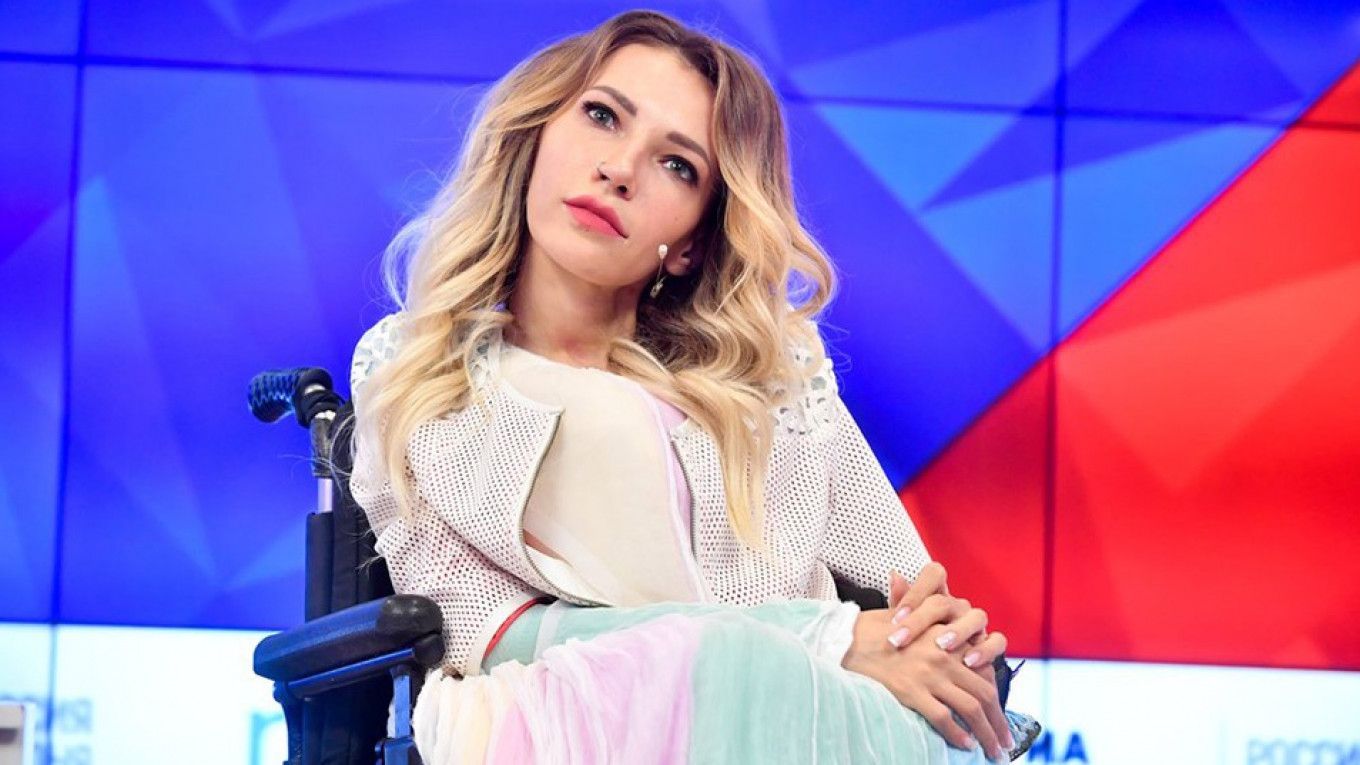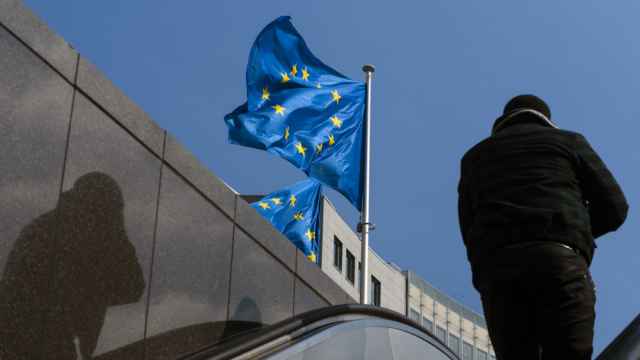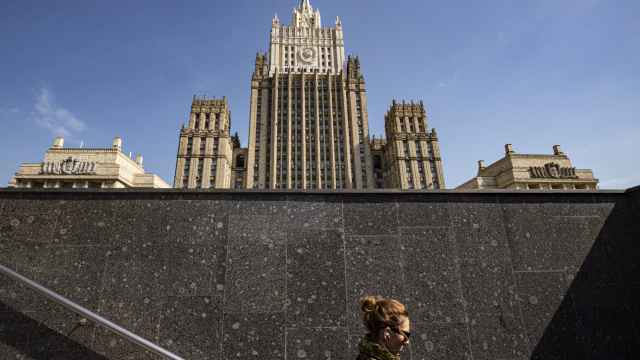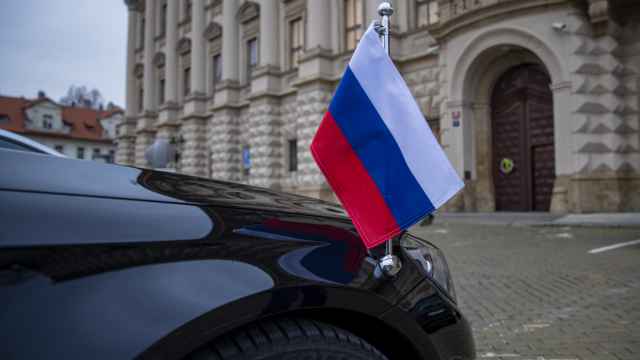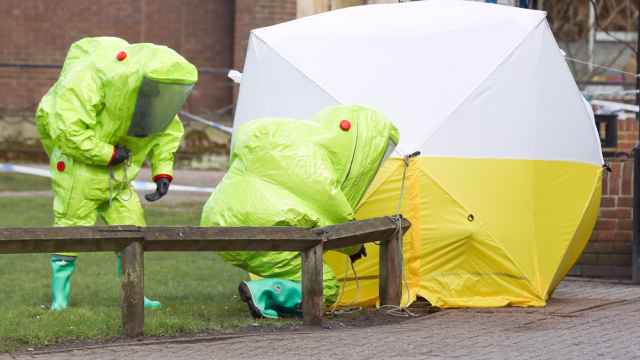Two-time Eurovision contender and vocal Russian patriot Yulia Samoylova made headlines across the country when she announced in a video and social media post on Thursday that she was emigrating to Europe.
Her announcement was met with surprise given her outspoken, pro-establishment stance. Samoylova found herself at the center of a diplomatic crisis after she was barred from competing in the Eurovision 2017 song contest held in Ukraine for her musical tour of Crimea following its 2014 annexation by Russia.
The singer on Thursday morning posted a photo taken at Moscow’s Sheremetyevo Airport with the hashtags: “Europe. Let's go" and in a YouTube video said she was prepared to emigrate. Her spokesperson confirmed to Russian media that she was en route to Europe.
Later, however, Samoylova said in a second social media post that she had been trying to draw attention to issues faced by those who are physically impaired in Russia.
She attributed her earlier statement that she was "ready to emigrate from Russia to Europe" to the mother of a child with disabilities and said it was part of a crowdfunding campaign. “This was said by a brave mother of a child who is stuck to a wheelchair like me. Lately, I have been hearing this more often… In our country, it is impossible to get your hands on the right medication. There simply isn't any.”
Samoylova was diagnosed with a rare neuromuscular disorder as a child and has used a wheelchair since.
She is generally seen as a staunch supporter of the Russian government and has frequently referred to herself as a “patriot.” In 2014, Samoylova performed during the opening ceremony of the Winter Paralympics in Sochi.
Samoylova has, in the past, openly defended Russia’s annexation of Crimea. Following Ukraine’s revolution in 2014, she posted on her social media page: “Those who have now taken power in Kiev want to surrender Ukraine to the EU, and the EU needs Ukraine to establish a hostile border with Russia.” The post has since been deleted.
Samoylova was again nominated to represent Russia during Eurovision 2018 in Lisbon where she failed to reach the final but grabbed headlines for attending the so-called Immortal Regiment march, a worldwide Russian march to commemorate family members who participated in World War II. In the run-up to the contest, President Vladimir Putin said that he “strongly sympathized with the talented singer.”
In May 2018, a petition was started to nominate Samoylova once again for Eurovision 2019 in Israel. In the petition, the singer is described as “the pride of Russia.”
A Message from The Moscow Times:
Dear readers,
We are facing unprecedented challenges. Russia's Prosecutor General's Office has designated The Moscow Times as an "undesirable" organization, criminalizing our work and putting our staff at risk of prosecution. This follows our earlier unjust labeling as a "foreign agent."
These actions are direct attempts to silence independent journalism in Russia. The authorities claim our work "discredits the decisions of the Russian leadership." We see things differently: we strive to provide accurate, unbiased reporting on Russia.
We, the journalists of The Moscow Times, refuse to be silenced. But to continue our work, we need your help.
Your support, no matter how small, makes a world of difference. If you can, please support us monthly starting from just $2. It's quick to set up, and every contribution makes a significant impact.
By supporting The Moscow Times, you're defending open, independent journalism in the face of repression. Thank you for standing with us.
Remind me later.


